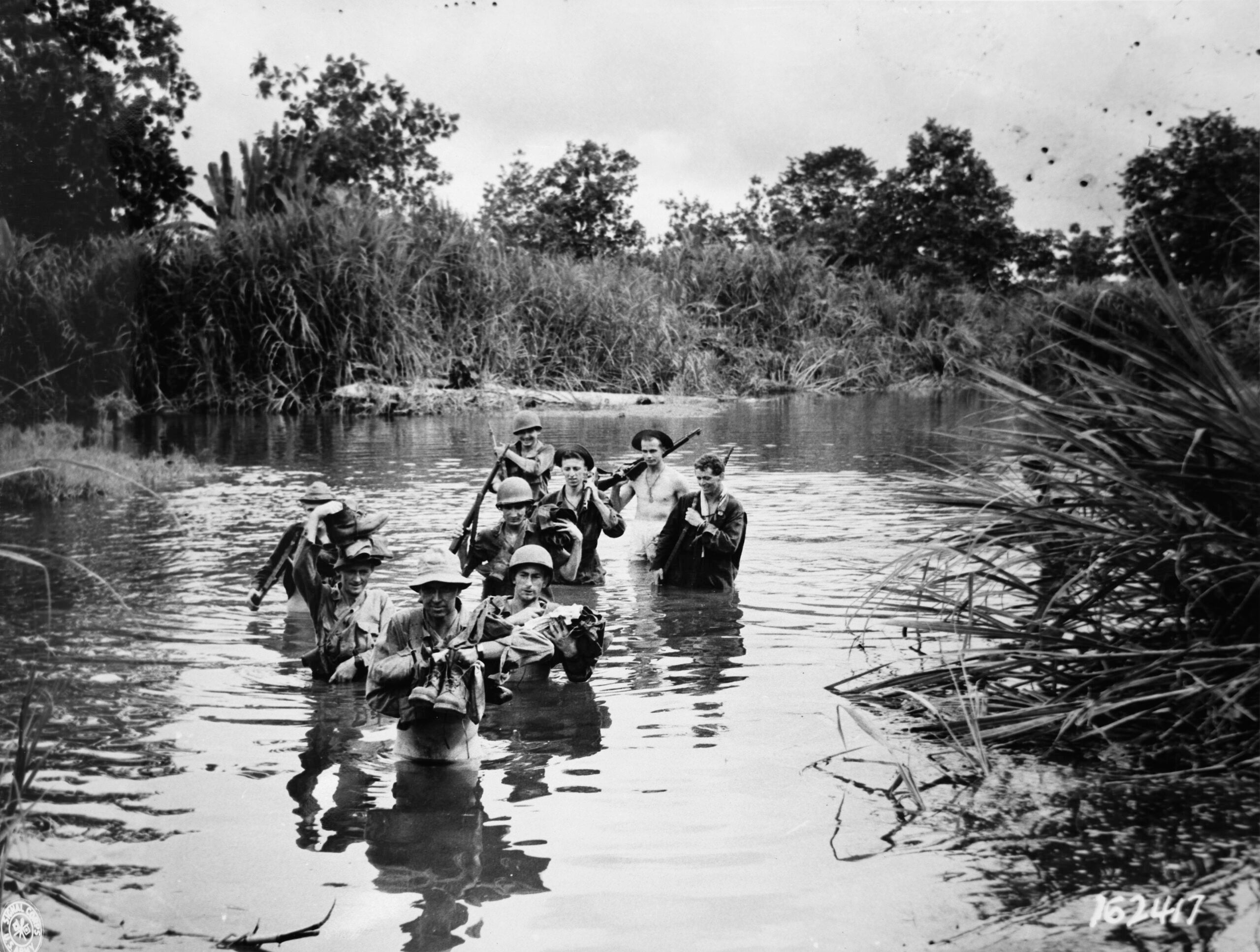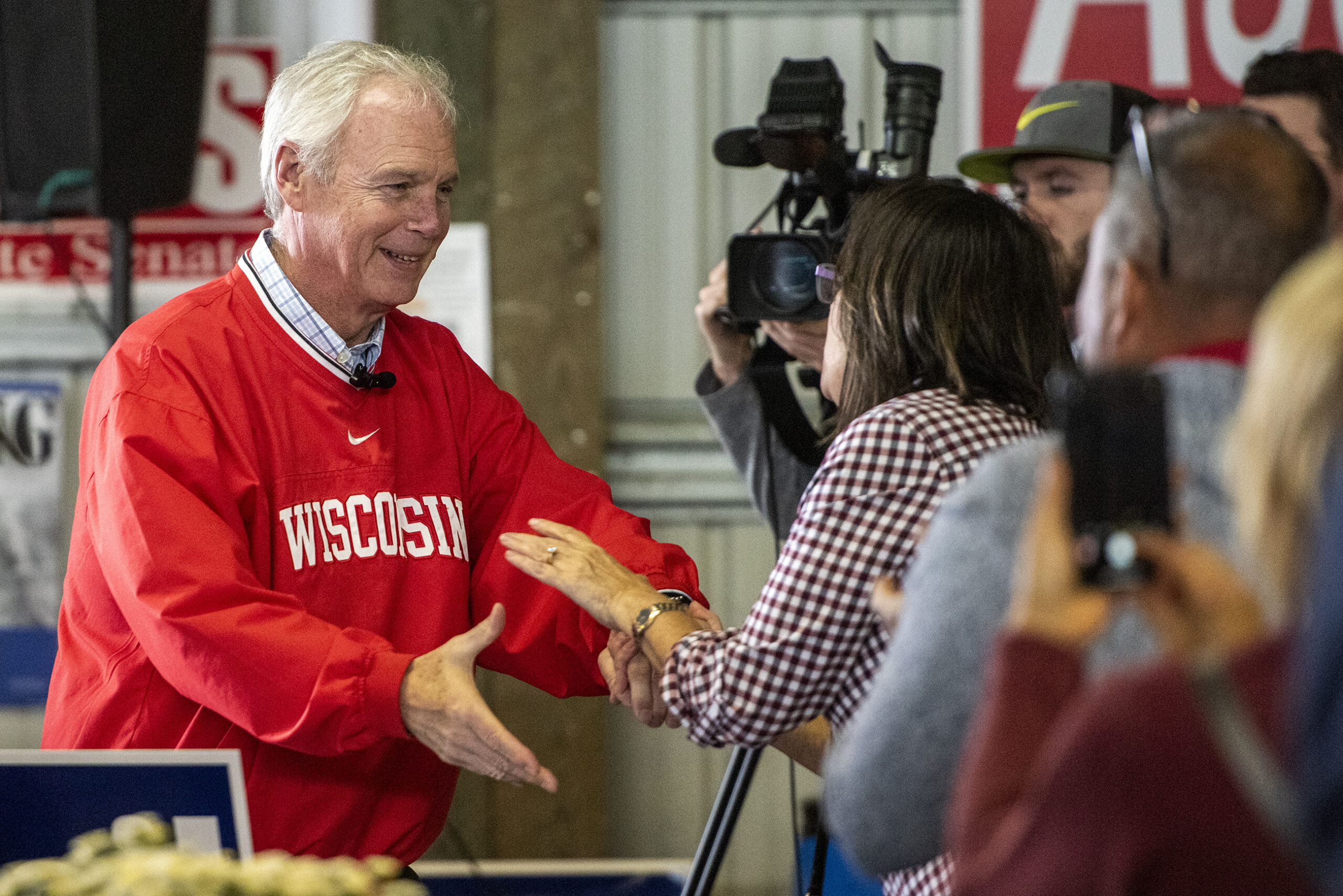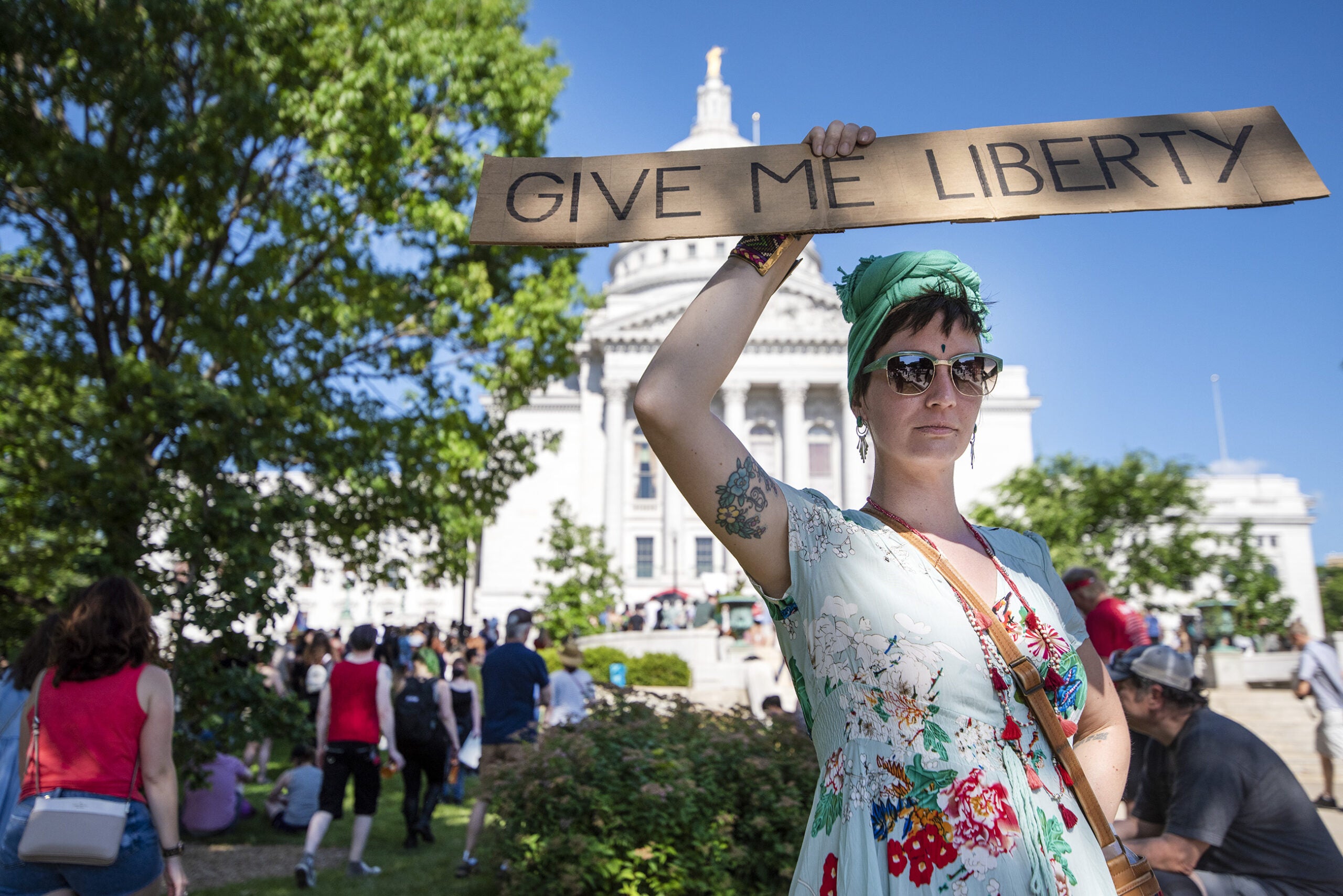When Confederate general Stonewall Jackson defeated forces led by Nathaniel Banks at the Battle of Winchester, Virginia, pianist and composer Louis Moreau Gottschalk was in Philadelphia. Although he was a Union sympathizer, he realized that the war could be dangerous for him regardless of his stance. He wrote in his journal for May 26, 1862:
The news received yesterday, Sunday, of the defeat of Banks by Jackson has aroused patriotic enthusiasm, which the rapidly succeeding victories of the last two months had weakened by inspiring an exaggerated serenity. The Seventh New York Regiment, composed exclusively of young men belonging to the aristocracy of that metropolitan city, leaves tonight for Washington. It numbers twelve hundred able-bodied men. Seven other regiments leave New York tomorrow.
The State of Massachusetts will send ten or twelve thousand more in a few days. They fear that the Confederacy, taking the offensive, plans to march on Washington. There was a riot yesterday in Baltimore. The people wanted to hang a man who expressed secessionist sentiments. An imposing police force guards the streets.
News with a little more humanity
WPR’s “Wisconsin Today” newsletter keeps you connected to the state you love without feeling overwhelmed. No paywall. No agenda. No corporate filter.
A bad business for me, who ought to give a concert there in two days. I understand very well how to fill the hall, but it is dangerous. It would be to announce that I would play my piece called “The Union” and my variations on “Dixie’s Land.” In the first I intercalate “Yankee Doodle” and “Hail Columbia.” The second is a Southern Negro air of which the Confederates, since the beginning of the war, have made a national air. It is to the music of “Dixie’s Land” that Beauregard’s troops invariably charge the soldiers of the North. At the point at which men’s minds are now the hall would be full of partisans of both sections, who certainly would come to blows. But I should make three or four thousand dollars. It is true that in the tumult I might be the first one choked.
Like many, Gottschalk was unaware that “Dixie” was attributed to Daniel D. Emmett, a Northerner.
Wisconsin Public Radio, © Copyright 2026, Board of Regents of the University of Wisconsin System and Wisconsin Educational Communications Board.


